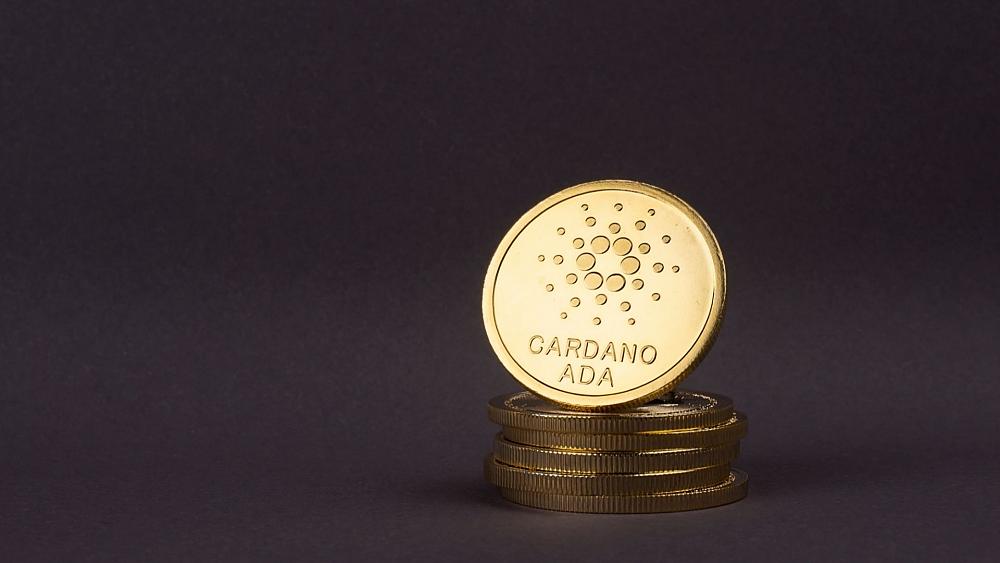Cardano Officially Begins Voltaire Era with Governance Uprade
03.09.2024 8:30 1 min. read Alexander Stefanov
Cardano has transitioned into its Voltaire era following the Chang hard fork on September 1.
This update shifts power to ADA holders, allowing them to participate directly in network governance. A portion of transaction fees will now fund projects approved by the community, marking the final step in Cardano’s roadmap.
Initially, a temporary Constitutional Committee will oversee the network, guiding it until the community fully takes control. ADA holders will also elect Delegate Representatives (DReps) to help shape governance, while Stake Pool Operators (SPOs) ensure fair representation.
The rollout is happening in two phases. Phase One, triggered by the Chang upgrade, allows DReps to start gathering support. This stage will last around 90 days, with the temporary committee monitoring progress. Phase Two will then hand decision-making power to DReps and SPOs, who will address critical governance issues.
A key moment in this transition is the burning of the genesis keys, which originally gave network control to Cardano’s founders. Although the community has been quick to get involved—with 45 DReps stepping up within a day of the upgrade—the market response was less enthusiastic. ADA’s price dropped over 4%, reflecting broader market trends and pushing the cryptocurrency out of the top 10 by market cap.
-
1
Grayscale Reveals Which Altcoins Are Next in Line for Onclusion
11.07.2025 10:00 1 min. read -
2
Cardano Surges Past $0.74 — Is a $1 Rally Next?
13.07.2025 18:00 2 min. read -
3
Ethereum Sparks Altcoin Season as FOMO Shifts Away From Bitcoin
17.07.2025 18:30 2 min. read -
4
Arthur Hayes Predicts Monster Altcoin Season: Here is Why
12.07.2025 10:46 1 min. read -
5
List of Altcoins Seeing Strong Outflows as Binance Signals Shift
13.07.2025 11:00 2 min. read
Standard Chartered: Ethereum Treasury Firms Now Form a Distinct Investment Class
A new report from Standard Chartered highlights that publicly traded companies holding Ethereum (ETH) as a treasury asset have emerged as a unique and fast-evolving asset class, distinct from traditional crypto vehicles such as ETFs or private funds.
Fartcoin Price Prediction: Trader Expects Big Bounce as FARTCOIN Nears $1
Fartcoin (FARTCOIN) has gone down by 17.3% in the past 24 hours and currently sits at $1.14. As the token approaches $1, one trader favors a bullish Fartcoin price prediction. DevKhabib, a pseudonymous trader whose X account is followed by nearly 46,000 users, says that he expects a big bounce off the $1 support after […]
Whale Activity Spikes as Smart Money Eyes Reversal Zones
Amid current market volatility, blockchain analytics firm Santiment has reported a notable rise in whale activity targeting a select group of altcoins.
Binance to Launch PlaysOut (PLAY) Trading on July 31 With Airdrop
Binance has officially announced the launch of PlaysOut (PLAY), a new token debuting on Binance Alpha, with trading scheduled to begin on July 31, 2025, at 08:00 UTC.
-
1
Grayscale Reveals Which Altcoins Are Next in Line for Onclusion
11.07.2025 10:00 1 min. read -
2
Cardano Surges Past $0.74 — Is a $1 Rally Next?
13.07.2025 18:00 2 min. read -
3
Ethereum Sparks Altcoin Season as FOMO Shifts Away From Bitcoin
17.07.2025 18:30 2 min. read -
4
Arthur Hayes Predicts Monster Altcoin Season: Here is Why
12.07.2025 10:46 1 min. read -
5
List of Altcoins Seeing Strong Outflows as Binance Signals Shift
13.07.2025 11:00 2 min. read


